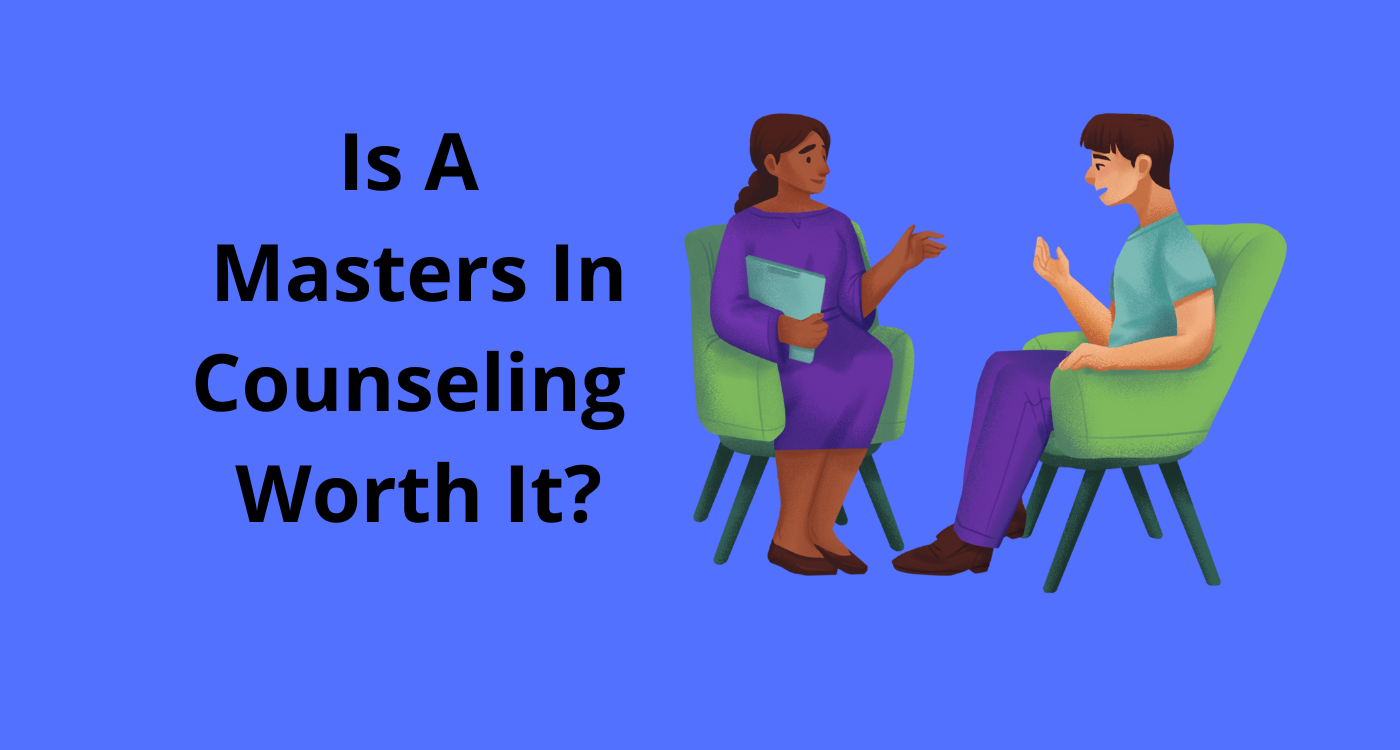Introduction
You don’t have to hate coding every time you run across a problem; instead, consider ways for Improving Logical Thinking In Programming.
We focus on the language’s programming constructs when we initially begin learning to program. This is perfectly OK; in fact, this is how programming logic is taught.
The next step is to refine your problem-solving skills, so give these best practices a shot and start becoming more logical when programming now!
What is Logic Programming?
In the paradigm of computer programming known as “logic programming,” program statements describe facts and rules about issues using a formal logic system. Rules are expressed as head-and-body logical phrases, such as “H is true if B1, B2, and B3 are true.” Like rules, facts are expressed without a body; for example, “H is true.”
Ways To Improve Logical Thinking In Programming
Let’s first establish a shared understanding of what logic is so that we can look at strategies to improve it.
What is Logic?
Logic is a method of reasoning, analysis, and applying common sense to a problem. A series of statements that each must be true if the one before it is true to make up the thinking process known as logic.
Having said that, let’s now examine how to improve logical thinking in programming.
- Write A Lot Of Code To Improve.
The sole factor is pure hard work, effort, and time. When attempting to enhance logic-building abilities, practice is essential. Our lives depend heavily on practice. We must repeatedly put something into practice if we want to have better control over it.
- Study The Code Of Others
Reading code comes in second best after writing it. The greatest method to construct logic is to comprehend how others construct it and can repeat the process when necessary.
- Understanding Programming Data Structures
Algorithms and data structures are the foundation of programming. All programming languages are built around data structures. As a result, you should begin by learning the language’s data structures if you wish to master any programming language.
- Break The Issue Up Into Manageable Pieces.
Divide the use cases in the problem statement into smaller ones. One of the best ways to develop logical thinking is to divide the problem into smaller sections.
- Consider The Worst-Case Situations.
not simply a joyful road Consider every scenario in which the solution could, could, or would fail. Never presume that users won’t engage in harmful behavior. They’ll most likely do so. Therefore, attempt to exploit all edge circumstances to crash the application.
- Check Out A Few Top-Notch Open-Source Databases
You can learn coding patterns used in a range of apps by reading open-source code. There are examples of methods and coding patterns seen in many open-source projects. These tendencies will become apparent when you encounter a similar issue.
- Recognize Design Patterns And Frameworks
The next stage is to educate yourself on design patterns and frameworks used by businesses. If you decide to program in Python, for instance, you’ll need to learn about frameworks and libraries like Flask, Django, SQLAlchemy, and others. These frameworks, libraries, and tools simplify your life by enforcing rules, providing sound code organization, and reducing the amount of code you need to write.
- Eliminate The Problem
It is best to split and conquer problems. Organize the current task into manageable, little steps. This simplifies the issue, makes it smaller and makes it simpler to track. When faced with a significant issue, it might be difficult to know where to start, what actions to follow, or how to complete the task. Finding a simple fix for a little problem is easy.
- Put Pen To Paper.
Most inexperienced programmers start typing solutions to problems right away. Realizing that you must consider the big picture and attempt to tackle the problem on paper or a whiteboard takes some time. This clears the fog, and a comprehensive solution starts to materialize.
- Be Committed
We frequently start a challenge to answer a question and commit to it for a certain number of days before giving up in the middle of it. The same is true for developing a program’s logic. Despite being extremely busy with other tasks, make it a point to revise, read an article, or answer a question every day. The general process of developing reasoning will benefit greatly from constant practice. You should always remember why you started, treat yourself, and make programming enjoyable by passing some quizzes and playing with the programs to observe different results to keep yourself motivated.
- It Is Very Important to Revise
Many of you may be experiencing the problem when you understand a certain topic but find that a few days or months later, when a question with the same logic or concept surfaces, you are unable to solve it. This is the result of your failure to update the concepts. Always make it a point to jot down the key ideas and reasoning behind challenging questions, then keep going back and reviewing them.
- Follow The Step-By-Step Procedure
Not since the day we were born do we begin to run. The same reasoning holds for coding. We shouldn’t leap right into challenging questions. The order of the questions should be Basic to Advanced. You can choose a certain number of questions, say 10, and divide them into five easy, three medium, and two difficult ones. These queries can be found in a lot of reliable sources. Sometimes people can answer a lot of the simple questions on all the websites, but they can’t answer the more difficult questions. Make an effort to balance all the levels instead. Given that the majority of the questions are easy to medium level, this will aid in passing the coding tests during placements.
- Find a Community for Programmers
We may grow bored while working through challenges on our own without somebody to instruct or mentor us. You can always try talking with friends and other programmers to discuss answers to these kinds of problems or difficult queries. You may always use this to come up with different logic for the same issue and to optimize your code. Additionally, this will boost your self-assurance and communication abilities!
- Review The Editorials
We frequently find ourselves unable to answer some questions, so we either ignore them or simply grasp the advice and continue without applying it. Look through the editorial area and the most popular code submissions after programming any question. You can discover different and optimized logic for the same code here. After comprehending the solutions in the editorial part, try putting them into practice so you can answer the same question the next time you encounter it.
- Be Patient
Most of the time, we stop programming after a few days simply because we can’t figure out the problems. We should always encourage ourselves by telling ourselves, “Let’s just try it again differently before we give up!”
No one can stop you from becoming a skilled programmer, and you will undoubtedly pass all coding exams and interviews if you diligently practice your programming logic abilities and adhere to the advice we have provided.
Conclusion
It’s critical to know how to improve logical thinking and programming skills early in your career, if not earlier. Education never ends. Throughout your career, you continue to learn and improve.
A few suggestions for improving logical thinking in programming have been provided. I hope these are useful to you.
Frequently Asked Questions (FAQs)
Why Is Logical Thinking Important?
- Developing your profession requires having strong logical thinking abilities because they may help you make critical judgments, solve issues, come up with innovative solutions, and create goals.
What Does Logical Thinking In Coding Entail?
- In essence, logical thinking is the process through which one determines the difference between what is true and what is false. Understanding the source of the issue and concluding, later on, are made easier with the aid of logic. The key distinction between coding and programming is.
You can also read What does a data analyst do on a daily basis.








